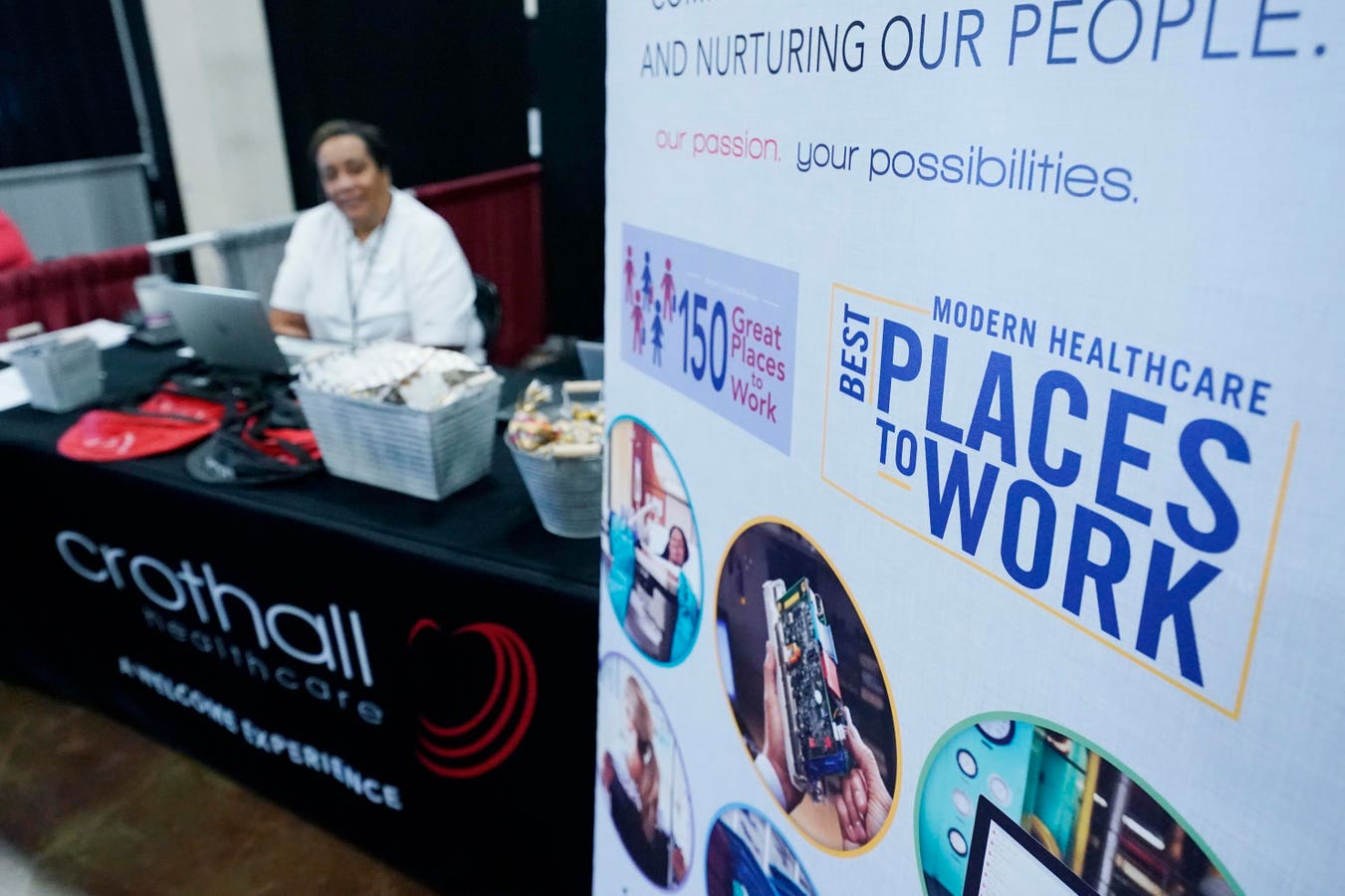This article outlines an opinion that organizations either tried skills based hiring and reverted to degree required hiring because it was warranted, or they didn’t adapt their process in spite of executive vision.
Since this article is non industry specific, what are your observations or opinions of the technology sector? What about the general business sector?
Should first world employees of businesses be required to obtain degrees if they reasonably expect a business related job?
Do college experiences and academic rigor reveal higher achieving employees?
Is undergraduate education a minimum standard for a more enlightened society? Or a way to hold separation between classes of people and status?
Is a masters degree the new way to differentiate yourself where the undergrad degree was before?
Edit: multiple typos, I guess that’s proof that I should have done more college 😄



How do you write this article and not once reference I/O Psychology or the literature that examines how well various tests predict job performance? (e.g. Schmidt and Hunter, 1998)
I swear this isn’t witchcraft. You just analyze the job, determine the knowledge and skills that are important, required at entry, and can’t be obtained in a 15 minute orientation, and then hire based on those things. It takes a few hours worth of meetings. I’ve done it dozens of times.
But really what all that boils down to is get someone knowledgeable about the role and have them write any questions and design the exercises. Don’t let some dingleberry MBA ask people how to move Mt. Fuji or whatever dumb trendy thing they’re teaching in business school these days.
I can’t count the number of times I’ve interviewed with a contractor/headhunter and a few minutes in stop them to say “I’m not what you’re looking for, here, let me help you re-work those requirements so you’ll get the right people to interview”.
HR provides those requirements, which just shows how bad HR usually is.
I read about a study years ago showing that hiring via interviews was no better than pulling cards out of a hat.
This is an interesting observation.
In theory, the section/department manager should be providing those requirements to HR, not allowing HR to do it for them, right? I have to agree, if companies are letting HR drive the requirements train, it’s going to be a poor experience for everyone.
Clearly HR didn’t talk to the hiring manager, so I put the blame squarely on them. They want to “own” this element of business, they get the blame.
I’ve never once taken a role that matched much of what the ad said, except for some specialized stuff that no one likes to do.
Then again, what your role becomes is determined by you/your skills and the relationships that develop at work. Even for highly specialized roles, everyone I’ve worked with brought different perspectives and approaches to the table.
That’s a 74 page article, do you care to summarize it or provide a specific area?
Thanks for a reference. Interesting.
The cool thing about it is that the core of it is really just one page.
There’s a page in there with a list of types of tests and their respective r values, which is a number between zero and one that explains how well a given type of test predicts job performance based on this gigantic meta analysis the researchers ran. Zero means there’s no relationship between the test and job performance and one means the test predicts job performance perfectly.
Generally you want something better than .3 for high stakes things like jobs. Education and experience sits at … .11 or so. It’s pretty bad. By contrast, skills tests do really well. Depending on the type they can go over .4. That’s a pretty big benefit if you’re hiring lots of people.
That said it can be very hard to convince people that “just having a conversation with someone” isn’t all that predictive at scale. Industry calls that an “unstructured interview” and they’re terrible vectors for unconscious or conscious bias. “Hey, you went to the same school as me…” and now that person is viewed favorably.
Seriously this stuff is WELL STUDIED but for some reason the MBA lizards never care. It’s maddening.
For anyone who’s interested, there’s a copy of the study here: https://home.ubalt.edu/tmitch/645/session 4/Schmidt & Oh validity and util 100 yrs of research Wk PPR 2016.pdf
A problen in any mericratic system is accounting for personal bias. Its very hard for some people to see someone do something different and assume they are as good or better then themselves.
THEY went to college or THEY didn’t and all of the personal reasons they assumed when making that decision get reapplied to others.
THEY didn’t get where they are by being hired off of well studied hiring mechanism so why would think it needs changed, the old system works for them.
Same issue with election reforms.